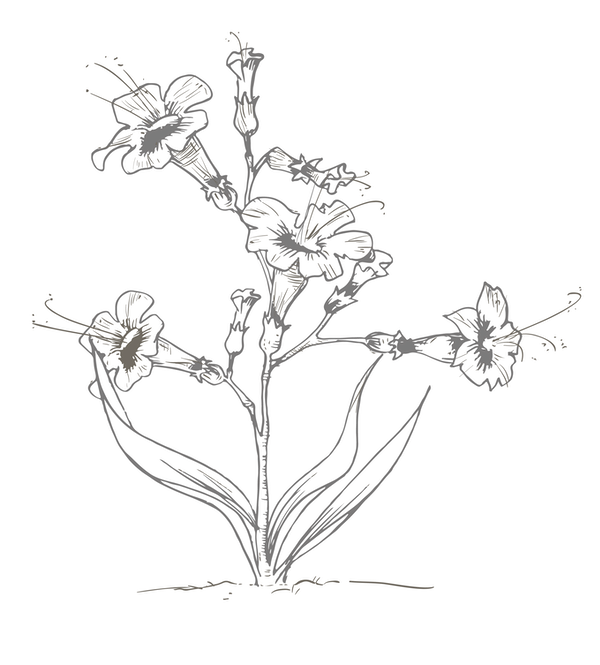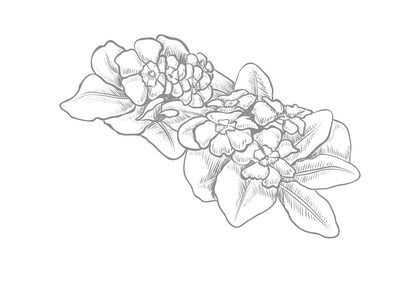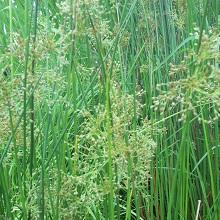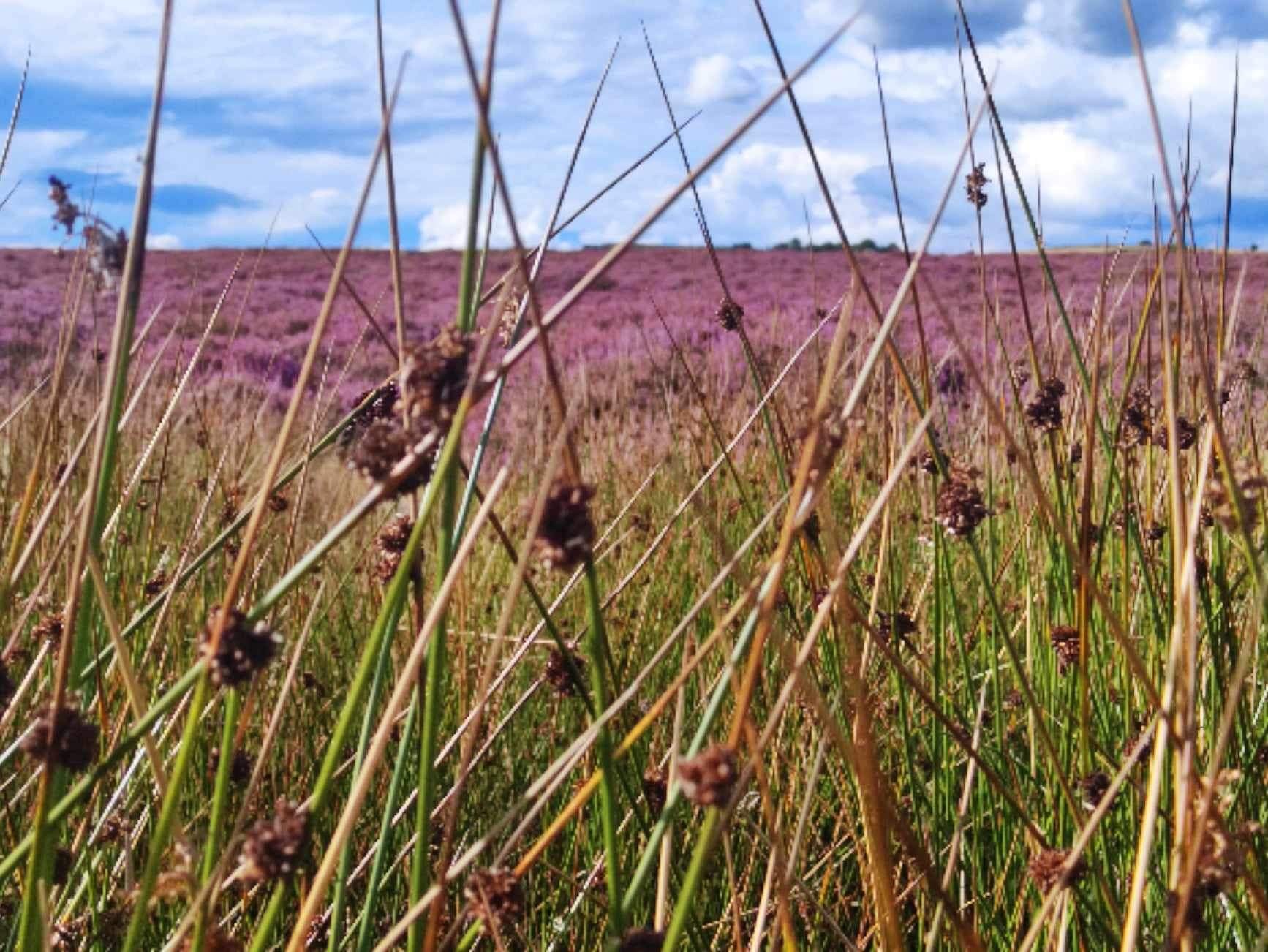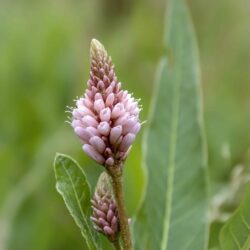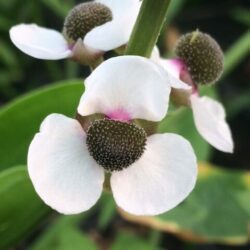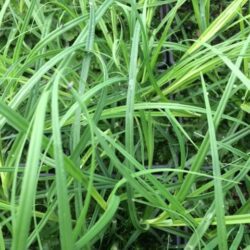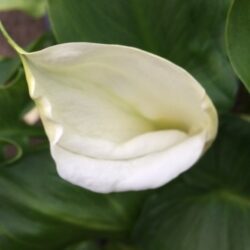Description
Common names also include common rush. The species provides wildfowl and wader feeding and nesting habitats, and also habitats for small mammals. In Europe, this rush was once used to make rushlights (by soaking the pith in grease), a cheap alternative to candles.

